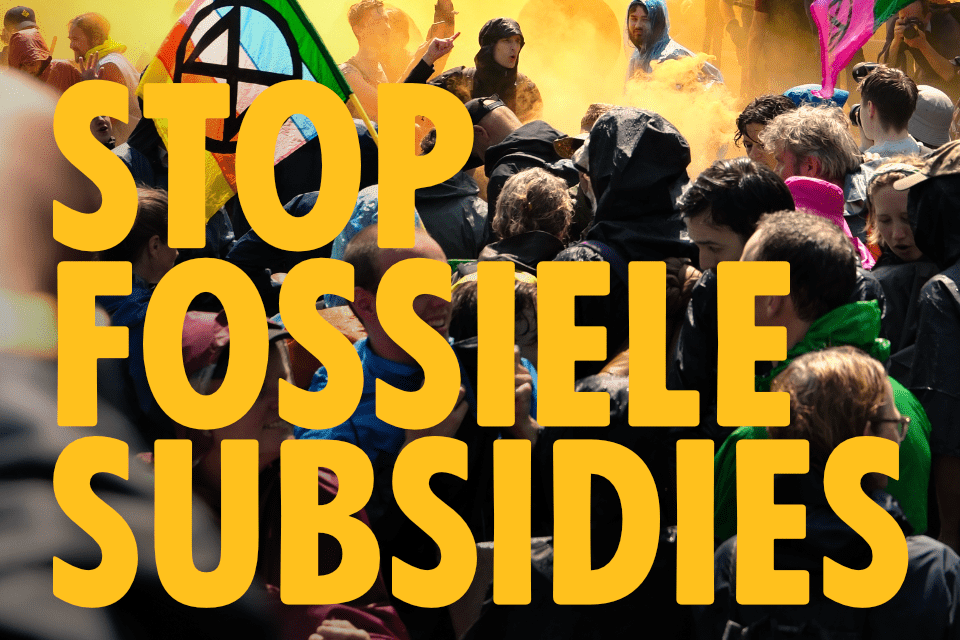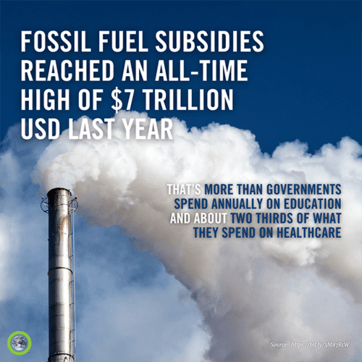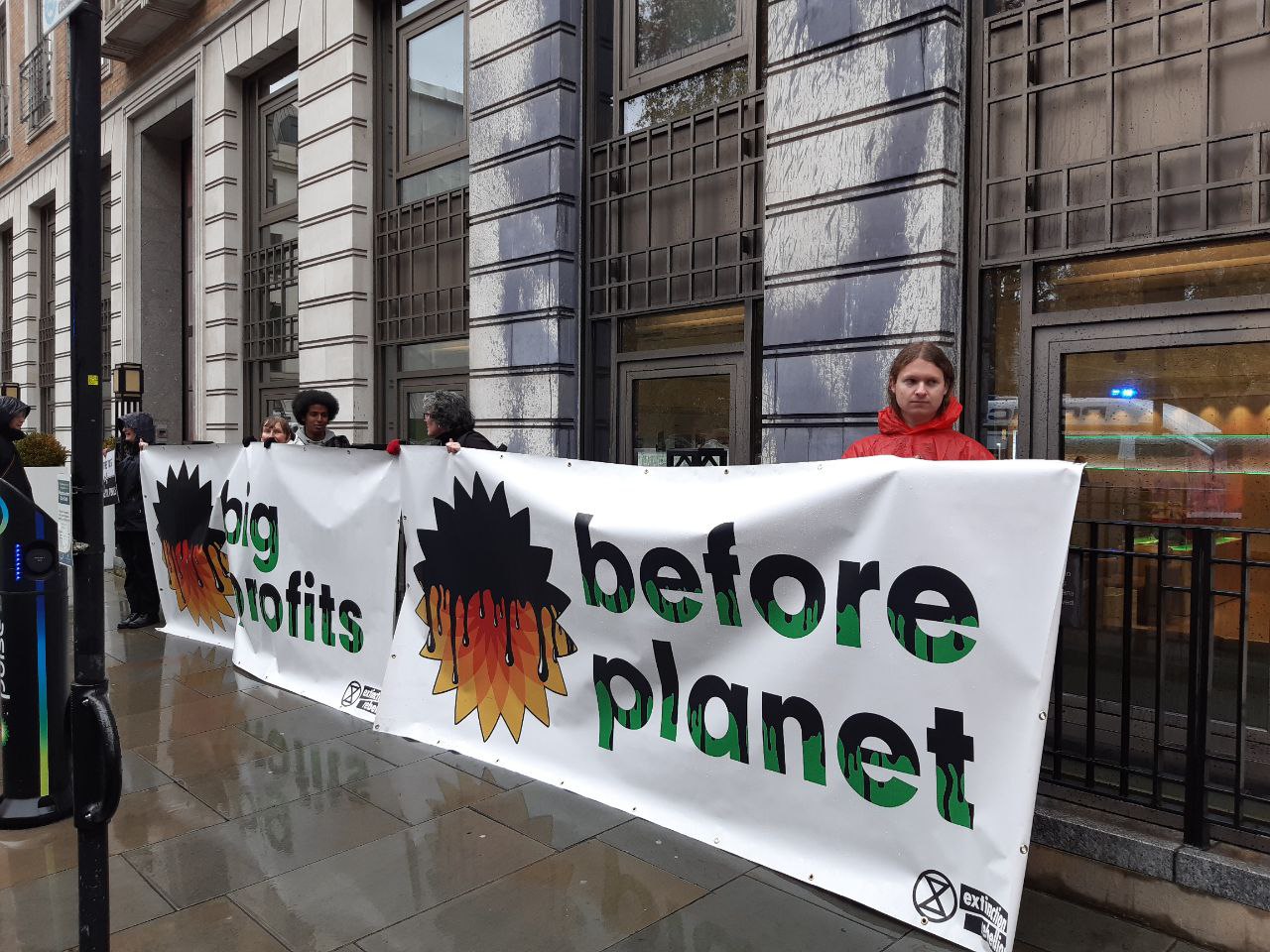Warning: the UK government’s hydrogen plan isn’t green at all, it’s another oil industry swindle
Kevin Anderson and Simon Oldridge

A taxpayer-funded drive for ‘blue’ hydrogen is good news for fossil-fuel lobbyists, but bad news for the climate crisisMon 4 Dec 2023 12.25 CET
With the impacts of the climate crisis so apparent for all to see, it is becoming ever harder for governments to fob off voters with promises of action tomorrow. At Cop28 we’ll see increasingly overt action by fossil fuel companies and petrostates to preserve their traditional power. But it is just as important to scrutinise emerging so-called green or low-emission solutions, which sound plausible, but are often simply big oil’s business-as-usual in a new guise.
The UK’s much touted low carbon hydrogen standard (LCHS) is an example of this. While hydrogen can be a low-emission fuel, the UK’s plan is quite clearly a fig leaf for “blue” hydrogen – which is made from fossil fuels – and according to one study, is even more at odds with our commitment to limiting global temperature rises to 1.5C than burning coal.
Today, the vast majority of the UK’s hydrogen production is made from natural gas (the marketing term for methane) in a very carbon-intensive process. Blue hydrogen would also be produced from methane, but with promises that the resulting CO2 emissions would be captured and buried underground. But even if most of the CO2 can be safely captured (a very big “if”), blue hydrogen’s full life-cycle emissions are likely still to be high.
That is in part as a consequence of methane leaks across the vast North Sea supply chain. Methane is a very powerful warming gas, so even with relatively low leakage rates, blue hydrogen will be bad news for the climate. Currently, 84% of the UK’s misleadingly named “low carbon” hydrogen capacity under development is of this blue variety.
Companies will be awarded substantial taxpayer funding for blue hydrogen plants that are certified compliant with the new LCHS – and here, the hallmarks of lobbying are only too apparent. The LCHS method for calculating life-cycle greenhouse gas emissions appears rigged to greenwash blue hydrogen.
…




